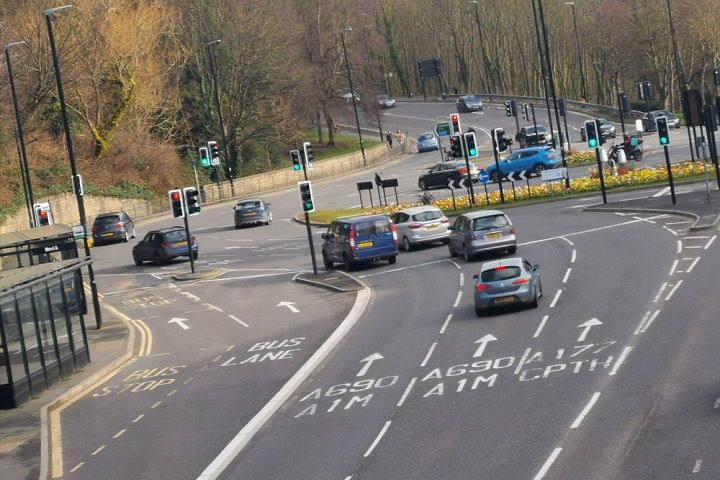
The Government’s inclusion of roads policing as a priority for all forces has been described as a “major breakthrough” in the battle to improve road safety.
On 20 February, the Home Office published its Strategic Policing Requirement, a high-level document which sets priorities that all police forces must address.
For the first time, the document includes roads policing – meaning forces will be required to give roads policing greater attention and to cooperate regionally and nationally.
Police and crime commissioners will also be expected to include roads policing in their Police and Crime Plans.
Inclusion of roads policing in the Strategic Policing Requirement was first called for by the Parliamentary Advisory Council for Transport Safety (PACTS) back in June 2020.
PACTS has welcomed the announcement, describing it as a major breakthrough following a ‘downward trend in roads policing’ in recent years.
David Davies, PACTS executive director, said: “Roads policing has been in retreat for a decade.
“The prioritisation of roads policing by the government in its Strategic Policing Requirement is a major breakthrough. While the Home Office has understandably focused on reducing crime, more roads policing will also benefit road safety.
“The number of road deaths is more than twice the deaths from homicide and terrorism combined and breaches of road traffic laws are the biggest single cause of road deaths. The public supports more enforcement.
“Roads policing provides double value: tackling those who drive dangerously often disrupts wider criminality. For example, Essex Police found that almost half the drug-drive offenders had previous arrest records for serious crimes such as burglary, drug dealing and violent crime.
“PACTS urges the Home Office to swiftly develop plans to implement this strategic requirement and make our roads safer.”
Comment on this story